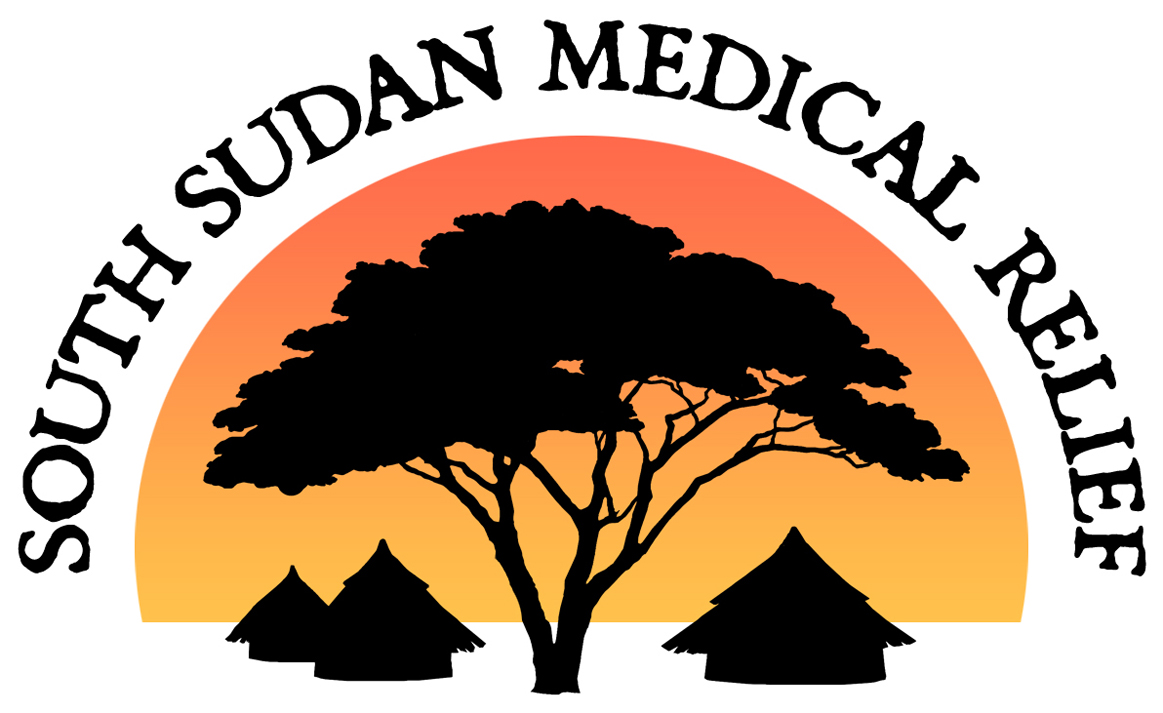What is Kala azar?
Visceral Leishmaniasis, commonly known as kala azar, is a parasitic disease spread by the bite of a sandfly. Of the protozoal infections, only Malaria kills more people. Malaria is obviously one of the biggest infectious disease killers in the developing world. In areas of kala azar outbreaks, though, the death toll can be unbelievable with 50% or more of the population dying if no treatment is available.
The disease causes fever, wasting and malnutrition, a big spleen, anemia, immune compromise leading to many infections complications, and eventually death. It is almost always fatal if not treated. The majority of cases world-wide come from Bangladesh, Nepal, India, Sudan, South Sudan, Ethiopia and Brazil. In South Sudan, the sandfly bites from April to June, and the disease outbreaks start in August with peak patients in October. There is an association with poverty and social upheaval.
The diagnosis can be complicated. With a good history, there are a few blood tests that can confirm the diagnosis. Some of these tests are as easy as putting a drop of blood with a diluent on a test strip. Parasitology, such as putting a stained sample from the lymph node, spleen or bone marrow, is one of the most sensitive ways to diagnose kala azar. It is sadly difficult and time consuming.
The treatment for kala azar is 17 days of 2 daily injections or 30 days of 1 daily injection. There is also intravenous treatment as well. Most people who are treated do not get a relapse if they finish the treatment. It is thought that when enough people do not finish the treatment resistance develops. For this reason free treatment is essential. In South Sudan there are estimates of < 5% relapse rate after initial treatment.
In 2009 to 2013 there was an outbreak in South Sudan. Half of the known patients in South Sudan were treated by South Sudan Medical Relief in Old Fangak. SSMR was also very involved in helping establish national protocols.
Treatment was made possible with the help of many. WHO provides free medications for the treatment of kala azar in South Sudan.
For more information:
